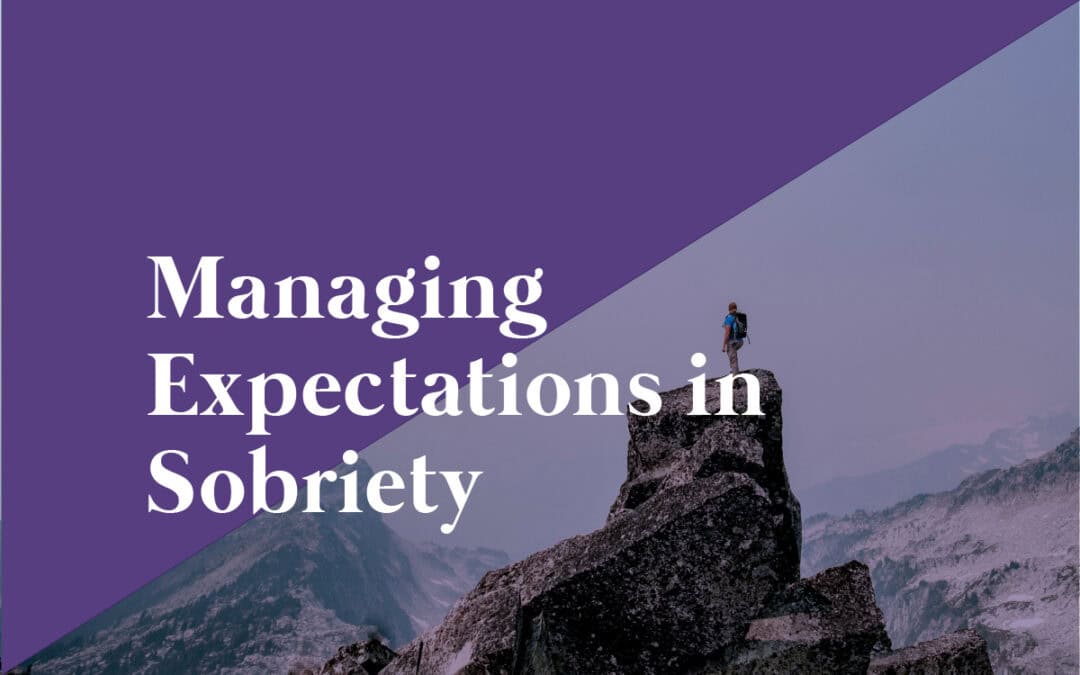
by Kerri MacFarlane | May 15, 2025 | Blog, Early Sobriety, Expectations, Helpful Tips, Resources
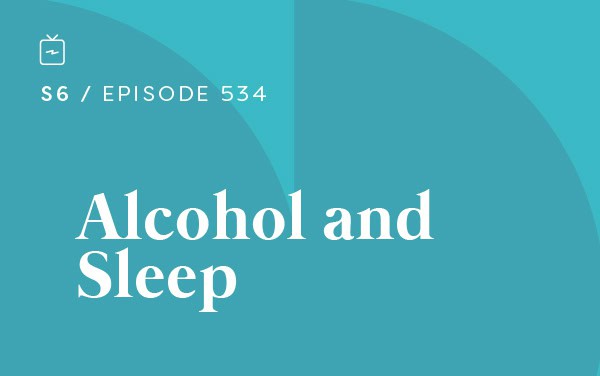
by Kris Oyen | May 12, 2025 | Podcast
Podcast: Play in new window | Download
Subscribe to the Recovery Elevator Podcast Apple Podcasts | | More
Today we have Ben. He is 45 years old from Liverpool, UK and had his last drink on September 26th, 2021.
Sponsors for this episode include:
Better Help – 10% off of your first month
Sober Link – $50 off of device using this link
[02:01] Thoughts from Paul:
According to Stanford neuroscientist Andrew Huberman, all health, longevity, and your daily moods, along with your overall state of being, is tied to the quality of your sleep.
When you drink alcohol, the quality of your sleep drastically diminishes, leaving you in a state of disrepair the following day.
Paul shares many examples of how poor sleep affects our bodily functions and how drinking even small amounts of alcohol adds fuel to that fire.
When we remove alcohol and we begin entering deep sleep cycles again, all of these negative consequences of poor sleep start to disappear. It may not happen in one night but within time, trust the body and this function will return to normal.
[09:22] Paul introduces Ben:
Ben was a previous guest on Episode 364.
Ben started drinking when he was 14. It was tied into music and his social life. Alcohol and music helped him to escape the strife that he was having at school with bullies and being different than everyone else.
Drinking was a huge part of his rock and roll lifestyle. Drinking with bandmates while writing music, going out after practice and drinking after performances were all part of the landscape for Ben in his early 20s. This continued and progressed over the next decade.
Towards the end of his 30s, Ben says things started to get really dark for him. He found himself just wanting to drink on the tour bus and be left alone. The days of wanting to drink to socialize and be connected were gone for him.
When he realized his drinking was becoming an issue, Ben tried to stop for periods of time. Later on, to create accountability Ben would make pacts with his brother where if he drank on one of his 30-day breaks, his brother could sell Ben’s guitar. The idea of stopping completely was unthinkable to Ben at the time.
After a situation where Ben almost lost all of his musical equipment at the end of a tour, he started to look into AA. It was recommended to him by someone he knew who had gotten sober. He was a bit dubious of it because he thought AA was only for people that had a problem. When Ben first spoke at the meeting he thought he might end up making light of his story but found himself crying instead and made the statement that he was scared that if he never drank again, that there would be nothing for him to look forward to for the rest of his life.
Throughout 2020 and 2021, Ben would find himself having two day drinking binges nearly every week. He had just gotten an apartment without housemates or family for the first time and had no one he had to be accountable to. The fact that his job wasn’t 9-5 gave him a lot of free time. The moderation techniques began again because he wasn’t ready to believe he had to quit entirely.
After a few rock bottom incidents, Ben finally made the decision to stop. In the first few months he used a variety of tools including harm reduction. He allowed himself to play video games again and eat food that he had always denied himself while drinking. When he reached out to be on the podcast the first time, he utilized that as motivation to stay sober at least until the interview a few months later.
Year one of sobriety found Ben still having cravings and just getting used to life being sober but says years two and three found him celebrating personal and professional successes. He says life can still be complicated at times but has learned to use obstacles as opportunities. Meditation has been a powerful tool for Ben in his recovery in addition to journalling, limiting his phone usage, reading and exercise.
Recovery Elevator
You took the elevator down, you gotta take the stairs back up.
I love you guys.
RE on Instagram
Café RE
RE merch
Recovery Elevator YouTube
Sobriety Tracker iTunes
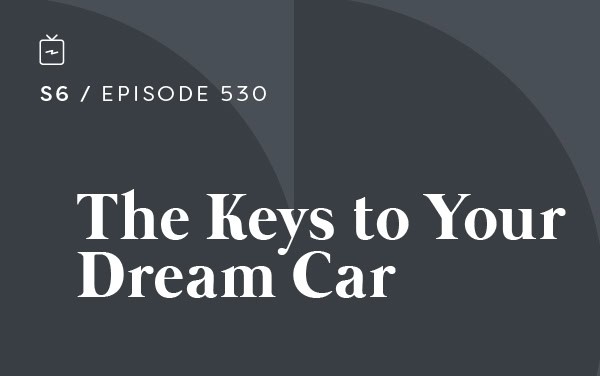
by Kris Oyen | Apr 14, 2025 | Podcast
Podcast: Play in new window | Download
Subscribe to the Recovery Elevator Podcast Apple Podcasts | | More
Today we have Kaylee. She’s 33 years old from Camp Hill, PA and took her last drink on December 24th, 2024.
Sponsors for this episode include:
Better Help – 10% off of your first month
Sober Link – learn more and save 50% off of a device
Registration for our annual alcohol-free retreat in Bozeman is now open. From August 6th through 10th, we will be spending lots of time in nature, doing breathwork, a lakeside hangout, laser tag and more.
[03:38] Thoughts from Paul:
Paul shares a comment that he heard recently in a Café RE chat.
Stephanie said she eventually called the fight with alcohol. It is another way to frame the moment where we surrender to what is when it comes to our drinking. We know moderation isn’t working, anxiety is getting worse and the shame and torture from alcohol is reaching unprecedented levels. It becomes time to throw in the towel.
He also shares a line from an upcoming interviewee who stated, “sobriety has given me the keys to the car of my dreams, I just hate the color”. So, the universe will always align with our hopes, our dreams, and desires, but we may want the package to look different.
It is all about accepting the journey that life places in front of you.
[07:08] Paul introduces Kaylee:
Kaylee is 33 and lives in Camp Hill, PA. She has two daughters aged 15 and six. She is still trying to figure out what she likes to do for fun, but enjoys movies, concerts and spending time with her daughters.
Kaylee says she was a sensitive kid. She struggled with depression and self-harm when she was very young and was always searching for a remedy her feelings. Kaylee drank experimentally by sporadically sneaking alcohol out of her mom’s cabinet.
When she was 15, she was assaulted and learned early on that using alcohol could help numb her pain. Kaylee says that any time her emotions were strong, she knew she could use alcohol to not think about the negative emotions and things that happened to her. Her usage became a regular thing on the weekends with friends while she was a teenager.
Kaylee had her first daughter when she was 17 and thought maybe she was done with the party life. She didn’t drink while pregnant but not long after her daughter was born, she was right back to drinking. Moving to her first apartment at age 21 also contributed to an increase in her drinking and now she felt free to drink however she wanted to, including by herself.
When Kaylee went right back to drinking after her second daughter, she knew she needed to try to cut back and moderate. She was taking online quizzes asking, “am I an alcoholic?” and considered AA meetings only to determine she was fine and could cut back on her own.
After a few years trying moderation, Kaylee found herself in a dark place with suicidal thoughts. She decided to seek therapy and was open with someone about her drinking for the first time. She was able to get sober for about six months.
In January 2024 after a breakup, Kaylee found herself drinking heavily again. After calling a suicide hotline looking for help, she ended up going to detox for a week. After detox she continued an outpatient program but again thought she could moderate. As Christmas approached, Kaylee was thinking that she could not continue drinking into another year. She began to talk to a good friend of hers who was extremely supportive.
The first few weeks were tough, but she started to get better physically. Within the first month she says her mind started coming back and she started feeling more like herself. Kaylee reconnected to her faith and became more open about her struggles which she says helps a lot.
Kaylee says the tools she uses the most in her recovery are journaling, talking to someone when she is having cravings or triggers, praying and meditation, and staying open with those close to her.
Recovery Elevator
Rule 22 – lighten up, let’s not take ourselves too seriously.
I love you guys.
Café RE
RE on Instagram
RE merch
Recovery Elevator YouTube
Sobriety Tracker iTunes
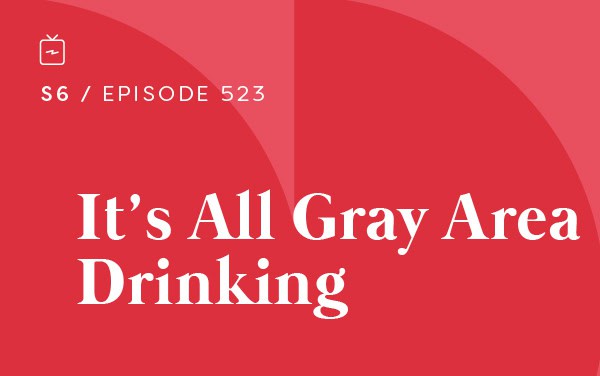
by Kris Oyen | Feb 24, 2025 | Podcast
Podcast: Play in new window | Download
Subscribe to the Recovery Elevator Podcast Apple Podcasts | | More
Today we have Robbie. He is 43 and lives in Moses Lake, WA. He took his last drink on August 15th, 2024
Sponsors for this episode include:
Better Help – 10% off of your first month
3,649 days ago, or 1 day shy of ten years, the first episode of the Recovery Elevator podcast dropped. Paul remembers the date well because for three months after the first episode released, he kept thinking “oh my God, what have I done?”. Burning the ships in podcast format gave Paul a lot of anxiety, but here we are, 523 weeks later and thank you listeners, for keeping the show alive.
30 Best Sobriety Podcasts
[04:13] Thoughts from Paul:
Paul shares the definition and his thoughts around the term gray area drinking. The definition states that it is the space between end-stage drinking and every now and again drinking. Gray area drinking could also be classified as someone who can stop drinking without medical detox or can stop on their own before someone stages an intervention.
Paul believes it’s all gray area drinking. Be it one beer a month or 10 beers a night. One common thread he hears on this podcast is “and then xyz happened”. It’s these major life events that can ramp up the drinking and everyone has life happen to them.
[07:10] Paul introduces Robbie:
Robbie is 43 years old and lives in Moses Lake, WA. He currently works at a chemical plant in the semiconductor industry. He has five children in the age range of eight months to 14. They enjoy spending time outdoors and at the lake near their home. Robbie is a big sports fan and played sports often while growing up.
Robbie took his first drink when he was in college in his 20s. He didn’t drink much until he lost his dad in 2013. Without knowing how to process his grief and having young children, Robbie learned that drinking helped him be numb and he started drinking four or five days a week. At the time, Robbie was working as a corrections officer, which was a very stressful job that contributed to his drinking as well.
In 2018 Robbie’s marriage ended. This was the first time he had been away from his children. He moved two hours away from them to stay at his mom’s house. After his second DUI in two weeks, the judge imposed alcohol monitoring for Robbie. This helped him stay sober for a year but only because he had to be.
Thinking he could now moderate, Robbie started drinking soon after no longer having the monitoring device. He says he wasn’t having a good time, and he was just using it to numb out from multiple traumas.
In February 2024 Robbie reached a breaking point and reach out to his brother-in-law who helped him find a treatment center in Utah. Robbie was there for 35 days and felt like he had made a lot of progress. He learned a lot about himself and started doing counseling. Robbie finally got some help dealing with some big traumas throughout his life. He says he feels like he used alcohol to punish himself thinking he deserved to be miserable.
After a brief relapse, Robbie says he woke up on August 15th and just knew it was over, and he had to stop drinking for good. He decided to try naltrexone which he first learned about in rehab. He took it for the first month and says he still has no desire to drink. Robbie goes to AA meetings, listens to podcasts and audiobooks, and is a member of Café RE. Robbie stays accountable with his family and friends at work. People have noticed a positive change in him.
In the past Robbie quit drinking because he was forced to, or for other people. He said on August 15th; he was doing it for himself. He says sobriety is the greatest gift to himself and his kids.
Robbie’s parting piece of guidance: If you’re asking yourself if you drink too much or if it’s becoming a problem, it already is. Listen to your gut. Believe in yourself that you can quit.
Recovery Elevator
You took the elevator down; you got to take the stairs back up.
We can do this.
Café RE
RE merch
Recovery Elevator YouTube
Sobriety Tracker iTunes
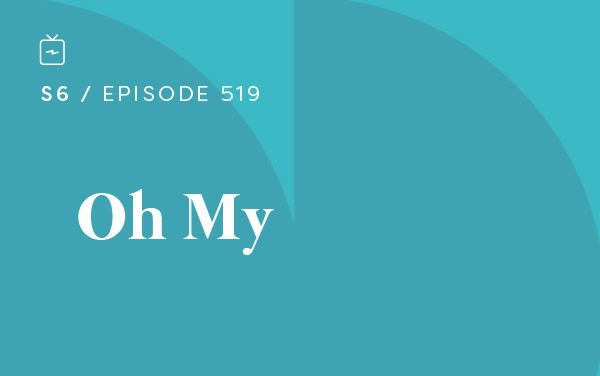
by Kris Oyen | Jan 27, 2025 | Podcast
Podcast: Play in new window | Download
Subscribe to the Recovery Elevator Podcast Apple Podcasts | | More
Today we have Nick. He is 41 and lives in Richfield, MN. He took his last drink on November 8th, 2023.
In one week, registration for one of our best international sober travel itineraries opens, as we are going back to Peru October 4th – 15th, 2025. We are starting off in Cusco, then head into the sacred valley, and of course we’re doing the Inca Trail to Machu Picchu.
Next Monday our first ever AF Songwriting Course starts at 8pm EST. Connect with other sober musicians and improve your own song writing skills.
Sponsors for this episode include:
Better Help – 10% off of your first month
[03:19] Thoughts from Paul:
Imagine if aliens were cruising the universe and made a stop on planet Earth and they saw human beings drinking a substance that appeared to be damaging their lives.
But first, this is revealing of the power of the unconscious mind, or the paradigms in our society. If you take crack, cocaine, heroin and meth and right off the bat it’s like, yeah, that will fuck your life up. But with alcohol, which has the data to show it’s the most dangerous drug on the planet, it’s flipped. Thankfully the correct messaging is starting to come out, but we have a way to go still.
Paul shares what he imagines would be the conversation between aliens and humans as they begin to ask questions about why we humans are consuming a toxic substance that has no health benefits and leaves them incapacitated the next morning.
[08:24] Paul introduces Nick:
Nick is married with three young children. He says he is a pop culture aficionado. He enjoys hunting, fishing, camping and spending time at their cabin a few hours away. Nick is big into fitness as well.
Being around alcohol was a normal thing for Nick growing up. He drank some in high school but hit the ground running in college with all the typical vices. He says he never had any major consequences and did well in school. The “work hard, play hard” mentality ran strong even after college.
Nick met his wife on a flight and soon after they began a long-distance relationship. Around this time Nick says his drinking was causing some negative behavior and people were noticing. A comment from his dad had Nick feeling some embarrassment so he started trying to moderate his drinking by limiting his consumption while socializing but drinking more at home alone.
After attempting to moderate with the use of an app, Nick found himself drinking more in secret. He and his wife would have conversations about it, but he wasn’t ready to quit. Nick was hiding bottles of alcohol throughout the house and drinking daily and going out less, so it wasn’t as obvious to others that he had an issue. It was a constant battle in his mind.
One afternoon, Nick drove with his wife to pick up their daughter from preschool. When he came out of the school, his wife had taken the driver’s seat. He had driven to the school drunk, and she decided enough was enough. She took them to the police station and had him arrested. When he came by the house the next day he expected her to kick him out but instead she hugged him and shared she just wanted him to get better.
Nick was able to stay sober for three months, but wasn’t doing it for himself so it didn’t stick. His drinking ended up worse than ever after that until he finally hit rock bottom. He wasn’t doing well physically or mentally at this point. He woke one morning and decided to go to treatment that week.
Nick threw himself into treatment and experimented with several modalities. In the past he was resistant to AA but now embraces it as an abundant resource and enjoys the community. Nick’s health has greatly improved, and he has been able to get off of all medications in addition to ditching the booze. Fitness is his medicine now, Nick says.
Nick’s parting piece of guidance: You can do it. Do it for yourself, don’t do it for someone else.
Recovery Elevator
Alcohol is shit and we both know it.
I love you guys.
Café RE
RE merch
Recovery Elevator YouTube
Sobriety Tracker iTunes







